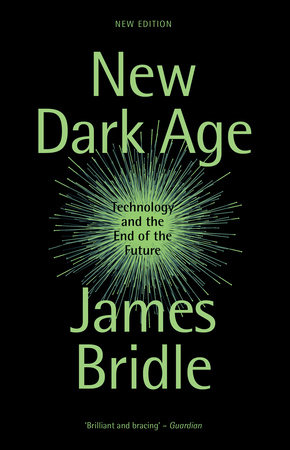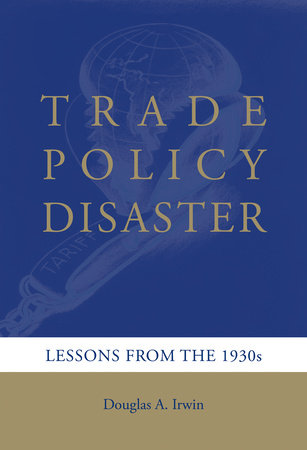

New Dark Age
By James Bridle
By James Bridle
By James Bridle
By James Bridle
By James Bridle
By James Bridle

-
$19.95
Mar 14, 2023 | ISBN 9781804290422
-
$19.95
May 21, 2019 | ISBN 9781786635488
-
Jul 17, 2018 | ISBN 9781786635501
YOU MAY ALSO LIKE
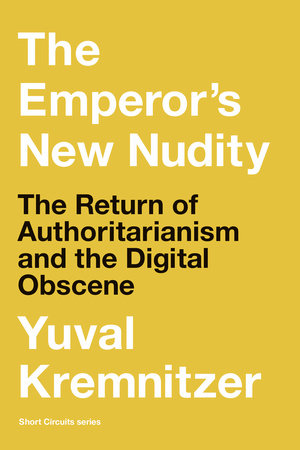
The Emperor’s New Nudity
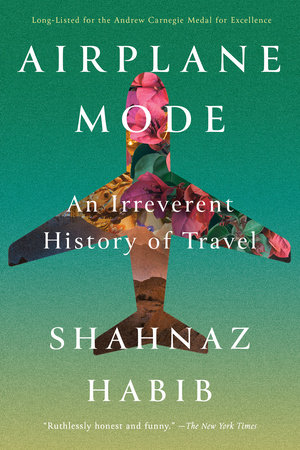
Airplane Mode

Beyond the Call of Duty
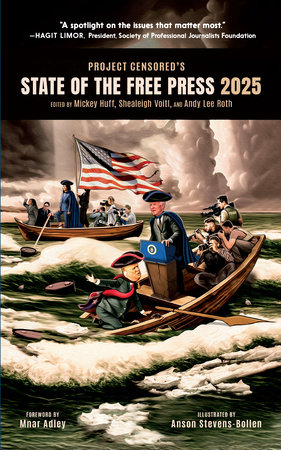
Project Censored’s State of the Free Press 2025
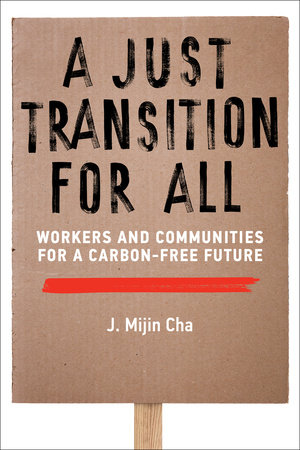
A Just Transition for All

The Empire of Civil Society
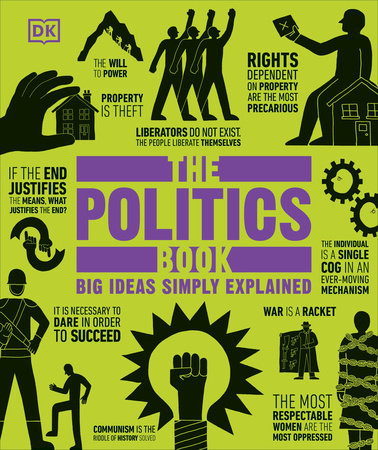
The Politics Book

Against the Crisis
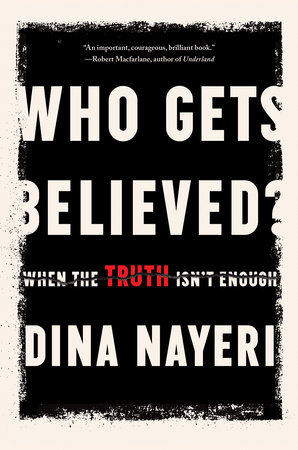
Who Gets Believed?
Praise
“New Dark Age is among the most unsettling and illuminating books I’ve read about the Internet, which is to say that it is among the most unsettling and illuminating books I’ve read about contemporary life.”
– New Yorker
“Lucidly argues how our enthusiasm for, and reliance on technology is working against us by undermining our ability to reliably anticipate future risks … Bridle’s multidisciplinary research deftly hopscotches across science, politics and the arts.”
—Frieze
“I expect many readers will find Bridle’s perceptive and throught provoking book terrifying rather than enjoyable.”
—Will Self, Guardian
“Highlights the ways in which we are deliberately being kept in the dark and are sleepwalking into a future of non-stop surveillance and ‘the dark clouds [gathering] over our dreams of the digital sublime.’”
—Financial Times [summer books of 2018]
“My copy of this book is full of underlining and notes that climb around the margins. I feel like those overwhelmed organic chemistry students, highlighting everything because it all matters and it all connects, and yet ultimately the information world he’s describing—none of it makes sense. Which is kind of his point … Dense, demanding, and totally compelling.”
—Barbara Fister, Inside Higher Education
“An extraordinary, perceptive analysis of the various ways in which the rise of information technology has obscured, rather than illuminated, the operations of power in the world, and diminished our capacity to improve it. It’s brilliant and bracing.”
—Mark O Connell, author of To Be a Machine, Guardian (Summer reads selection)
“James Bridle is a master of finding contradictions within existing technologies [and] New Dark Age is an important text for the present moment.”
—Bernard Hay, The Quietus
“A masterful study of all the things approaching out of the future’s night. Compelling and essential.”
—Warren Ellis, author of Normal and Transmetropolitan
“James Bridle, one of our surest guides, here offers us a widely informed, deeply felt, and occasionally terrifying course on living in and with the enveloping darkness of our time. It’s a must-read for anyone who’s ever wondered how we might come to terms with technological complexity, and emerge with our humanity intact.”
—Adam Greenfield, author of Radical Technologies
“Computation brings humanity more darkness than enlightenment: a goblin horde of digital superstitions, invented and unleashed in just half a century. Yet James Bridle is fearless in our gloomy post-truth predicament; he’s a theorist, artist, technical visionary and even a moralist. Has he foreseen the worst?”
—Bruce Sterling, author of Pirate Utopia
“Technology is not the answer. Nor is it a solution. James Bridle’s lucid and fearless writing instead insists on technology as an open question and urgent problem—which nevertheless needs to be confronted in order to think the present and free the future from false algorithmic certainties.”
—Hito Steyerl, author of Duty Free Art
“One image that I cannot get out of my head reading James Bridle extraordinary new book is that even as we can access vast tech capabilities we may actually know less and less.”
—Saskia Sassen, author of Expulsions
“A book-length argument for the idea that vastly proliferating knowledge—from mass surveillance, social media, artificial intelligence, and other sources—is paradoxically making the world harder to comprehend, while the technology that underlies it is creating environmental damage that we’re ill-equipped to understand or solve … Highly nuanced in its analysis of technology, and it provokes [one] to think more about the unspoken social and political assumptions underlying a lot of [the] industry.”
—The Verge
“An Orwell of the computer age.”
—Kirkus
“A startling call to arms. Argues convincingly for a more informed integration with the technologies we have created.”
—Ben Eastham, ArtReview
“The young British artist is spearheading a conceptual-art movement—‘the New Aesthetic’—through Tumblr, Twitter, and Instagram, as he tries to capture technology’s strange effects on society.”
—Vanity Fair
“A doomy overture to a new era. A work of digital gothic in which the chills are provided by the unpredictable and unstoppable forces we’ve unleashed on the world in the decades since the Manhattan Project.”
—Hettie Judah, Vice
“Powerful insight and useful provocation throughout. Harrowing and fascinating.”
—Jamie Bartlett, Spectator
“Original and provoking book.”
—Pat Kane, New Scientist
“As an artist and author whose work explores the contested intersections of capitalism, surveillance, and computer intelligence, Bridle unravels these vexing issues across his new book.”
—Tanner Howard, Rhizome
“The glorification of technological progress is one of the cornerstones of the contemporary cultural and artistic mainstream, and Bridle justly stands up against it.”
—Nikita Dmitriev, Port
An essential read on the key subjects around AI, and the dangerous feedback loops that are currently being produced.
—Ben Vickers, Dazed
New Dark Age is enlightening but frightening, a dystopian warning about the implications of the convergence of data and robotics, code and quantum computing, science and technology.
—David Gorin, Financial Mail
Brilliant and beautiful.
—The Australian
New Dark Age is a paradoxical work, elegiac yet futuristic, which embraces paradox and the limits of knowledge—especially the limits of knowledge that the present moment’s technological advances, political instability, and environmental chaos have conferred upon us.
—Tobias Carroll, Literary Hub
Foreboding, at times terrifying, but ultimately motivating account of our technological present … He insists that what is needed is not understanding, but a new language, new metaphors—a new image—that would allow us to look at the darkness directly and—hopefully—begin to see.
—Orit Gatt, The White Review
Touching on a wide variety of topics, including search algorithms, surveillance, climate change, and many more, Bridle makes a compelling case for pumping the brakes on technology to allow ethics to catch up.
—World Literature Today
“[James Bridle’s] approach is more accurate than the ahistorical meme that everything is suddenly fake, and more exciting than the truth-hustling of disoriented pundits.”
—Nathan Jurgenson, Real Life Magazine
“Whichever way the reader veers, the argument that we need better education about technology and more careful thought about what is it for and what is it here to do is a compelling one.”
—Tim Sandle, Digital Journal
“[James Bridle’s] approach is more accurate than the ahistorical meme that everything is suddenly fake, and more exciting than the truth-hustling of disoriented pundits.”
—Nathan Jurgenson, Real Life Magazine
“Whichever way the reader veers, the argument that we need better education about technology and more careful thought about what is it for and what is it here to do is a compelling one.”
—Tim Sandle, Digital Journal
“[New Dark Age] is a shuddering, urgent, brilliant warning about our current direction of travel.”
—Hands-Ulrich Obrist, Vulture
“Each chapter of New Dark Age provides a different lens that reveals how deeply these imperatives have permeated our social relationships and how opaque they have rendered actual knowledge … [James Bridle] has done us a great service by emphasizing the tangible nature of the infrastructure that constitutes the internet.”
—John Thomas, Intercept
“[New Dark Age] offers something not often seen from white, male, techno-culture writers (of which there are seemingly so many): an acute sensitivity and unwavering commitment to earthly environments—soil and water—which are profoundly affected by the growth of technological industry.”
—Lindsay LeBlanc, Prefix Photo
“An unsettling but perceptive read.”
—Wired, Best Books of 2018
“An engaging, sharp, and urgent work that takes us well beyond the neo-Luddite fantasies of techno-apocalypse so prevalent in late critiques of technology.”
—Mari Bastashevski, Burlington Contemporary
21 Books You’ve Been Meaning to Read
Just for joining you’ll get personalized recommendations on your dashboard daily and features only for members.
Find Out More Join Now Sign In







